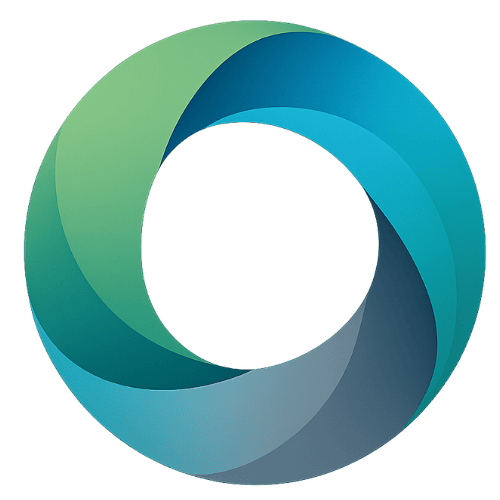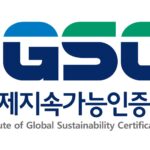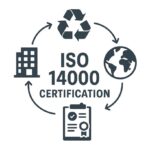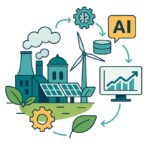DEISO Certification Programs
Certified Training Program: This training program comes with a certification option for both on-site and off-site training.
Some of Our Clients
Several of our clients have chosen DEISO certified training programs
About This Training Program
Introduction
Importance of Circular Economy: Discuss the urgent need for transitioning to a circular economy to address resource depletion, environmental pollution, and climate change. Highlight the significant role of the oil, gas, chemical, and manufacturing industries in driving this transition.
Overview
Fundamental Topics:
- Circular Economy Concepts:
- Definition and principles of a circular economy
- Key characteristics and benefits
- Comparison to a linear economy
- Waste Management:
- Types of waste and their environmental impact
- Waste reduction, reuse, and recycling strategies
- Waste-to-energy technologies and their applications
- Resource Efficiency:
- Principles of resource efficiency
- Strategies for reducing resource consumption
- Life cycle assessment and its role in resource efficiency
- Product Design for Circularity:
- Design principles for circular products
- Cradle-to-cradle design and its implications
- Modular design and product longevity
- Supply Chain Management:
- Circular supply chain concepts
- Collaborative partnerships and reverse logistics
- Sustainable sourcing and procurement practices
Advanced Topics:
- Circular Economy Design Principles: Explore the fundamental principles of circular design, including material selection, product design, and manufacturing processes.
- Life Cycle Assessment (LCA): Delve into advanced LCA methodologies for assessing the environmental impact of products and processes throughout their entire life cycle.
- Circular Economy Business Models: Discuss innovative business models that enable value creation and resource optimization within a circular economy context.
- Circular Economy Policy and Regulation: Explore the evolving regulatory landscape and policy frameworks supporting the transition to a circular economy.
- Digitalization and Circular Economy: Examine the role of digital technologies in enabling circular economy practices, such as IoT, data analytics, and blockchain.
- Industry-Specific Case Studies: Analyze real-world examples from the oil, gas, chemical, and manufacturing industries to illustrate the application of circular economy principles and technologies.
Audience
- This training is specifically designed for professionals working in the oil, gas, chemical, and manufacturing industries.
- Target companies include Aramco, Petronas, Saudi Arabia, and other top industrial companies in the region.
Outcome
- Participants will gain a deep understanding of the principles, methodologies, and practical applications of the circular economy.
- They will be equipped to identify and implement circular economy strategies within their organizations.
- Participants will develop the skills to assess the environmental and economic benefits of circular economy initiatives.
Training Delivery
Offsite and Onsite Training: We offer flexible training options tailored to your organization’s needs. We can conduct training sessions at your premises or at a designated offsite location.
Contact us to inquire about this training program or to book the training program.
Contact Us
Let's create a sustainable future together. Contact us to book your training and start making a positive impact.

